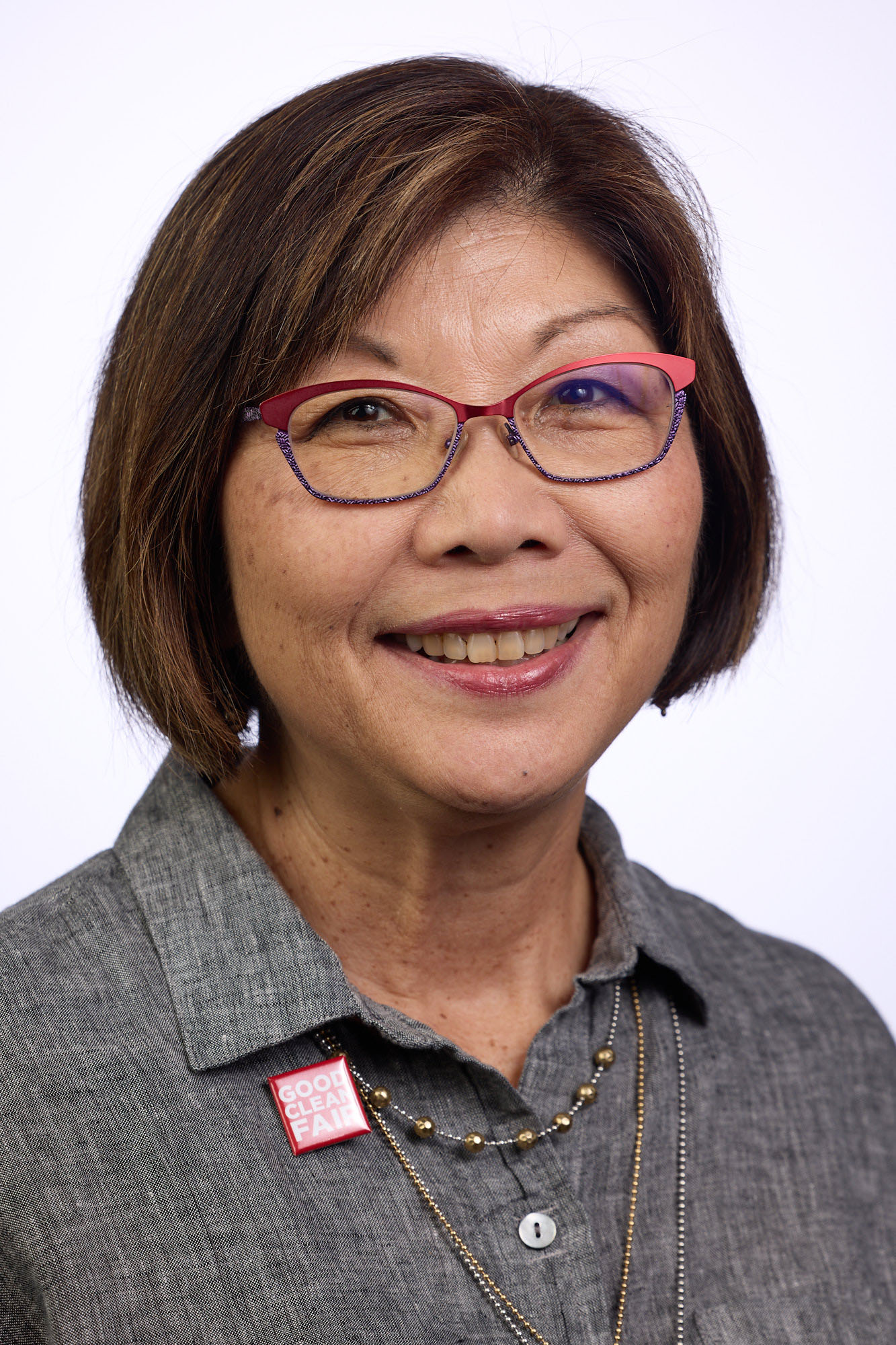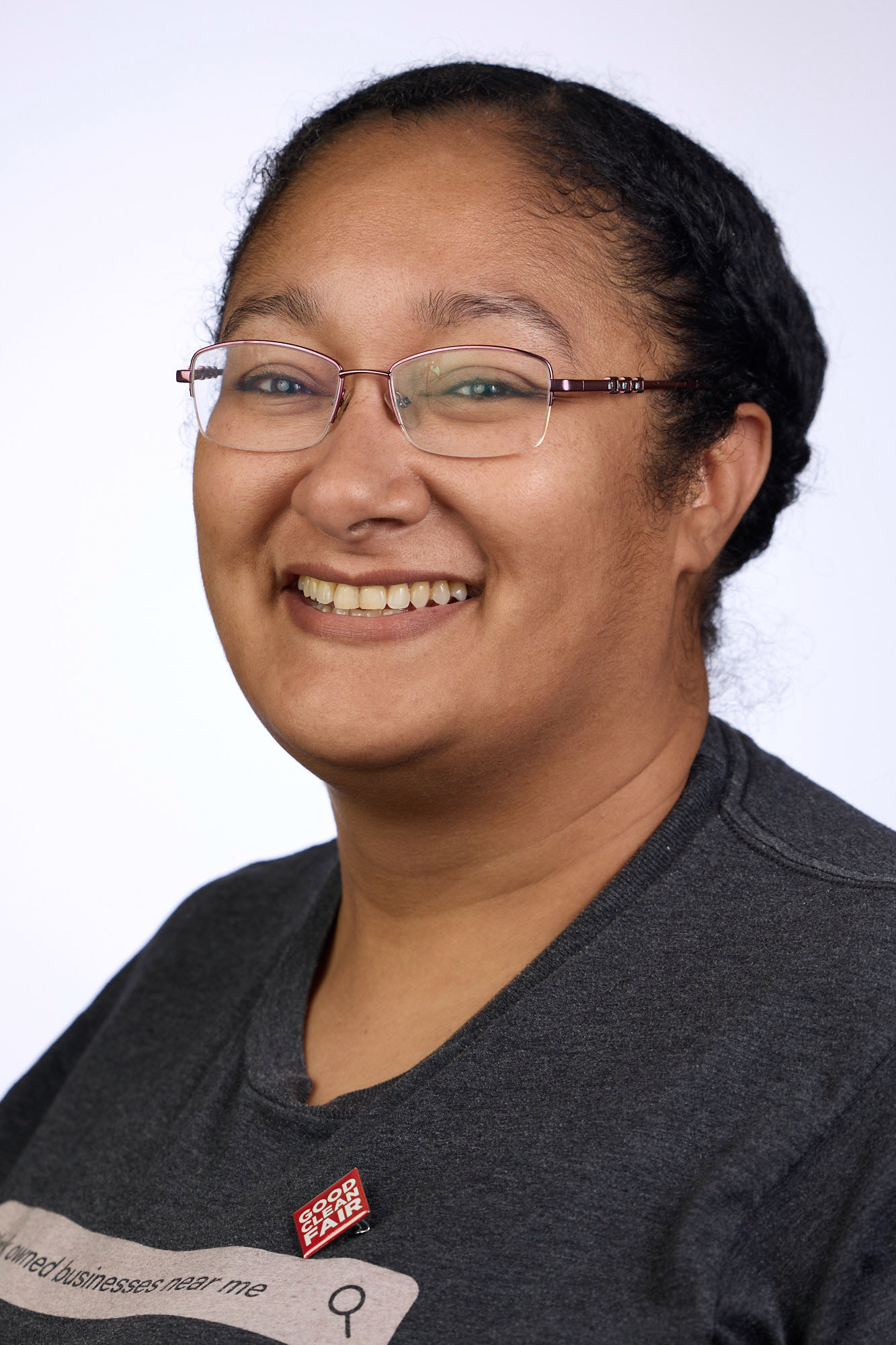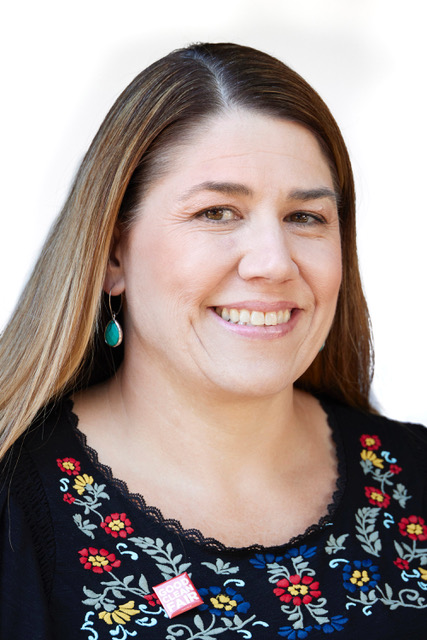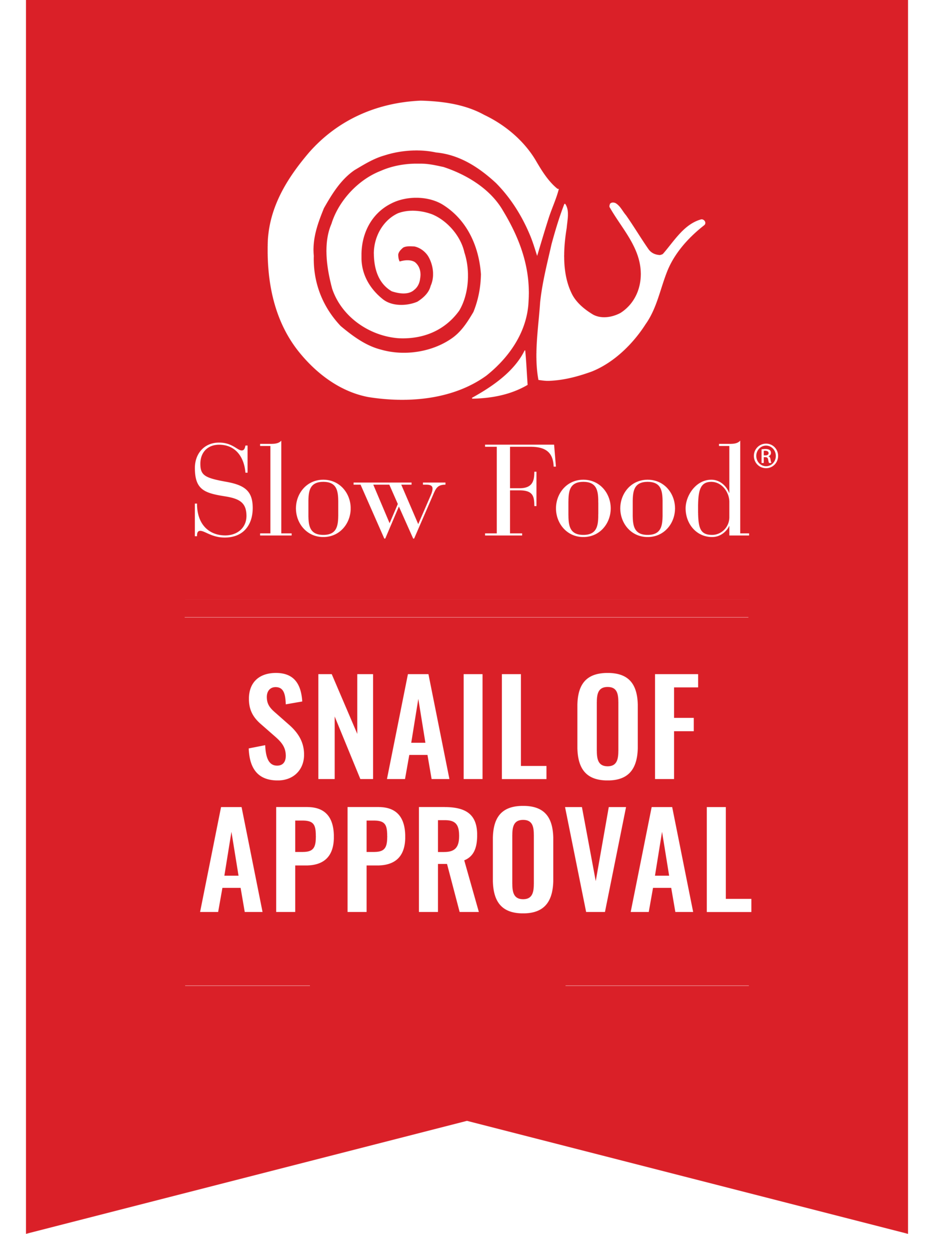About Slow Food Yolo
Slow Food is a global, grassroots organization, founded in 1989 to prevent the disappearance of local food cultures and traditions, counteract the rise of fast life and combat people’s dwindling interest in the food they eat, where it comes from and how our food choices affect the world around us.
Since its beginnings, Slow Food has grown into a global movement involving millions of people in over 160 countries, working to ensure everyone has access to good, clean and fair food.
Slow Food believes food is tied to many other aspects of life, including culture, politics, agriculture and the environment. Through our food choices we can collectively influence how food is cultivated, produced and distributed, and change the world as a result.
Join Us!
Our structure
International
The Slow Food international headquarters are located in Bra, Italy – the town in Piedmont where the movement was born. It is from here, that the association plans and promotes the development of the network and projects worldwide.
The association is coordinated by an International Council and steered by an Executive Committee. The Executive Committee is the highest institutional governing body, with all appointments held for a four-year term. Carlo Petrini, who founded the movement in the 1980s, is the President of Slow Food.
Slow Food International: Organizational Structure
National
In some countries Slow Food has an organizational structures at a national level. Some of them are older (Italy, Germany, Switzerland, United States, Japan, Great Britain and the Netherlands) and some more recent (Austria, Bulgaria, Brazil, Kenya and South Korea).
They all have decisional autonomy but they follow the political guidelines decided by Slow Food International. They coordinate Slow Food activities, support communities, organize events and are a fundamental reference point for members.
Local
At the local level, groups known as communities coordinate activities and organize events in cities, towns and communities around the world. There are over 1,500 Slow Food communities worldwide.
Additional Bodies
To realize its projects and ambitions, Slow Food has created the following entities:
Slow Food Foundation for Biodiversity – founded in 2003 to support Slow Food projects that defend food biodiversity and traditions.
Terra Madre Foundation – founded in 2004 to support the growth of a global network of food communities, chefs, academics and youth working for a sustainable food system.
University of Gastronomic Sciences (UNISG) – opened in 2004 to educate future food professionals.
Slow Food Terminology
Ark of Taste
Project to rediscover, catalog, describe and publicize forgotten foods. it was created to point out the existence of these products, draw attention to the risk of their extinction within a few generations, and invite everyone to take action to help protect them.
convivium (plural convivia)
A local Slow Food chapter. Found all over the world, Slow Food convivia organize events and activities at the local level, ranging from simple dinners and tastings, where members come together to share the everyday joys of food; visits to local producers and farms, conferences and discussions, film festivals and taste education courses for both children and adults. Convivia are the backbone of Slow Food, made possible through the members, who volunteer their time and energy.
convivium leader
The elected leader of a convivium.
co-producer
A conscious consumer who goes beyond the passive role of consuming and takes an interest in those who produce our food, how they produce it and the problems they face in doing so. In actively supporting food producers, we become part of the production process. The term co-producer was coined by Slow Food to highlight how collectively our consumer choices can bring great change to how food is cultivated, produced and distributed.
eco-gastronomy
A recognition of the strong connections between plate and planet, and the fact that our food choices have a major impact on the health of the environment and society.
food communities
A group of small-scale producers and others, united by the production of a particular food and closely linked to a geographic area. Food community members are involved in small-scale and sustainable production of quality products. Coined by Slow Food in 2004 at the first Terra Madre meeting, the term reflects a new idea of local economy based on food, agriculture, tradition and culture.
good, clean and fair
The three tenets of Slow Food’s philosophy food and food production:
- GOOD: a fresh and flavorsome seasonal diet that satisfies the senses and is part of our local culture;
- CLEAN: food production and consumption that does not harm the environment, animal welfare or our health;
- FAIR: accessible prices for consumers and fair conditions and pay for small-scale producers.
neo-gastronomy
Neo or ‘new’ gastronomy is a concept of gastronomy as a multidisciplinary approach to food that recognizes the strong connections between plate, planet, people and culture. The term was coined to correspond with the evolution of the Slow Food movement, which began with an initial aim to defend good food, gastronomic pleasure and a slower pace of life (eno-gastronomy), and then logically broadened its sights to embrace issues such as the quality of life and the health of the planet that we live on (eco-gastronomy).
neo-gastronome
A person with a responsible, comprehensive approach to food, combining an interest in food and wine culture with a desire to defend the environment and food biodiversity, and considers eating as not only a biological necessity, but also a convivial pleasure to be shared with others. A neo-gastronome is aware that their food choices have a direct effect on the market, and therefore food production; and that everyday choices can be made for the benefit of our palate, the environment and society.
Slow Food Community
A Slow Food community is a group of people who share the values of the international Slow Food movement (reasserted in the Chengdu Declaration), starting from its primary principle: that everyone has a right to good, clean and fair food and that Slow Food will not give up the fight until every last person on the planet has access to it. Made up of at least 10 people (the exact number will vary depending on the area), it represents the basic nucleus of the Slow Food network, similar to the convivia. A community is formed for a specific purpose (for example to protect and promote a local food, to create a food garden, to launch an education project, etc.) linked to Slow Food’s general aims, and works in a specific area, in dialog with the rest of the local and regional network. At the same time, it undertakes to make the international network stronger by supporting it in various ways.
taste education
Slow Food’s approach to food education based on the reawakening and training of the senses and the study of all aspects of food and its production.
Board Members

Juan Barajas
President

Estelle Shiroma
Board

Elena Fewell Howard
Board

Christina Martin
Board

Terry East
Treasurer

GOOD, CLEAN AND FAIR FOOD IN YOUR NEIGHBORHOOD — AND BEYOND!
The Slow Food Snail of Approval award is a recognition given to food and beverage establishments that are pursuing and practicing Slow Food values in their business. This is more than about making good food — it’s about making commitments to the environment, local communities, employees and purveyors, and our core values of antiracism and anti-oppression.
The Snail of Approval award is given by local chapters based on evaluations focused on the following six areas: sourcing, environmental impact, cultural connection, community involvement, staff support, and business values.
PREVIOUS WINNERS
2020-2021
2019
PURE HONEY
YOLO FOOD BANK
THE WOODLAND FARMERS MARKET
CAPAY GOLD OLIVE OIL COMPANY
GREAT BEAR VINEYARDS
KITCHEN 428
DAVIS FARMERS MARKET COOKBOOK












